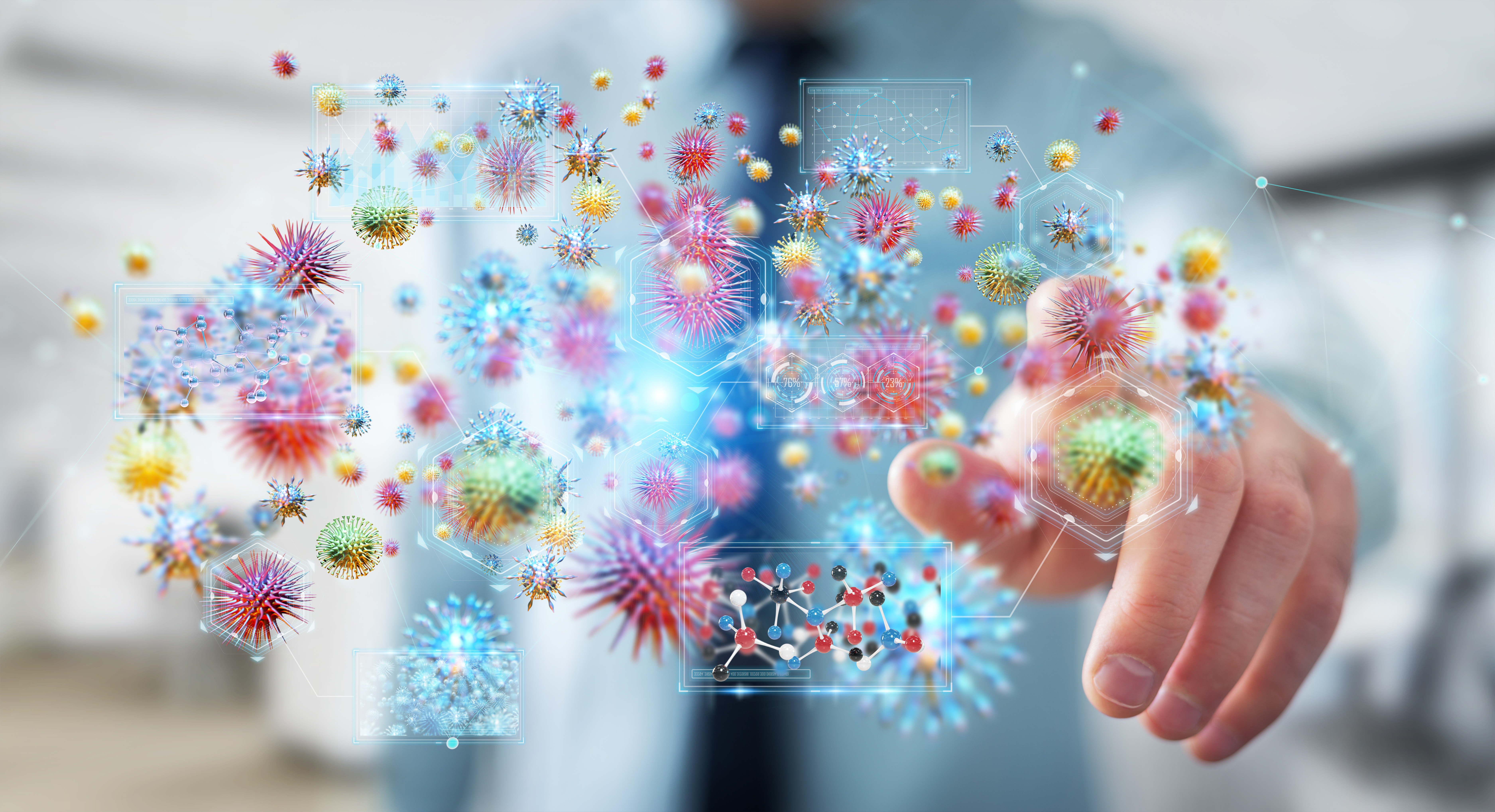
Micronutrients vs. Macronutrients
April 30, 2019
What are Micronutrients?
Micronutrients include vitamins (water-soluble and fat-soluble) and minerals. As their name suggests, water-soluble vitamins are not stored in your body, but are eliminated via urine while fat soluble vitamins do not dissolve in water and are best absorbed when eaten along with a fat source like fish oil, leafy greens or certain seeds.
Some water-soluble vitamins, sources, and benefits include:
| B1 | Meat, Fish | Involved in the brain & nervous system |
| B2 | Eggs, milk | Needed for energy & fat metabolism |
| B6 | Fish, potatoes | For carb processing & red blood cells |
| B12 | Fish, meat | Needed for red blood cells & brain functioning |
| C | Citrus fruits bell peppers | For collagen & neurotransmitters |
Some fat-soluble vitamins, sources and benefits include:
| A | Dairy, carrots, sweet potatoes, pistachios | Vital for vision & organs |
| D | Fish oil, sunlight, salmon, egg yolks | Needed for immune system & bones |
| E | Almond, sunflower seeds, olive oil | Protects immune system |
| K | Soybeans, leafy greens, caulifower | For blood clotting & bone health |
Some important minerals and sources include:
| Calcium | Broccoli, leafy greens, salmon, kale | Strong bones & muscle function |
| Magnesium | Almonds, black beans, cashews, milk | Helps maintain blood pressure |
| Potassium | Bananas, lentils, sweet potatoes | For maintaining fluid in body |
| Copper | Soybeans, leafy greens, blackberries | Brain & nervous system functioning |
| Zinc | Crab, chickpeas, avocados | Needed for healing & immune system |
| Iodine | Cod, yogurt, eggs, tuna, prunes | Healthy thyroid function |
| Iron | White beans, spinach, beef, squash | Provides oxygen to muscles |
Getting too much or too little of a micronutrient is not healthy, so aim for a balanced diet.
What are Macronutrients?
Macronutrients, or macros for short are proteins, fats and carbohydrates.
Carbs get a bad rap, but from healthy sources and in proper amounts, carbs are essential. They keep your brain and muscles functioning at maximum capacity and are the major source of energy. Good sources of carbs include whole grains, starchy vegetables, legumes and fruits.
Fats help the boy absorb vitamins and supply the body with essential fatty acids, but not all fats are created equal. Replace saturated fats like butter and cream and trans-fats from pre-packaged foods with plant-based unsaturated fats found in olive oil or nuts. Good sources of fat include avocados, full-fat dairy, almonds, pumpkin seeds, salmon and trout.
Protein breaks down into amino acids needs to repair tissues, muscles and skin. They’re essential for the production of certain hormones and enzymes for good health. Good sources of protein include salmon, white fish, chicken, eggs, tofu and soy.


